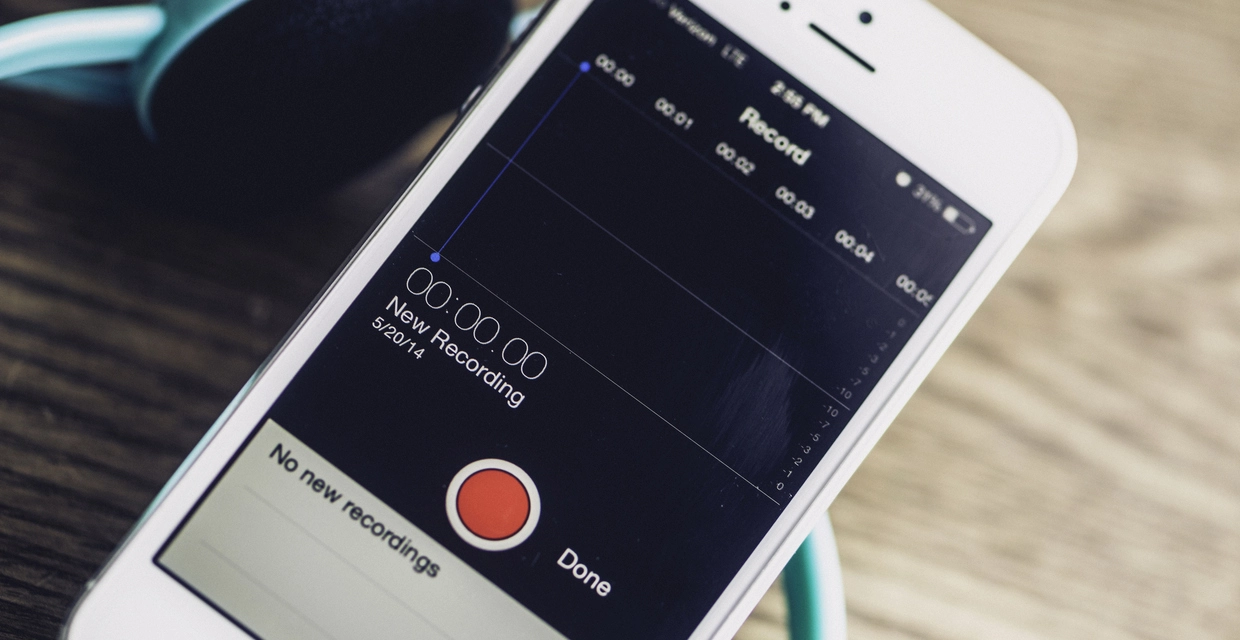Can I Record a Phone Call in California?

In today’s digital age, it has become increasingly common to record phone calls for various reasons, such as for personal use or legal purposes. However, the legality of recording phone calls varies from state to state. In California, the laws surrounding recording phone calls can be complex and confusing. This article will provide an in-depth analysis of the legalities of recording phone calls in California.
Section 1: Two-Party Consent Law
California is known as a “two-party consent” state, which means that both parties involved in a phone call must give their consent before the conversation can be recorded. This law applies to both in-person and telephone conversations. If you are planning to record a phone call in California, you must inform the other party that you are recording the conversation and obtain their consent before proceeding.
It is important to note that if you fail to obtain the other party’s consent before recording the conversation, you could face criminal charges. Violating California’s two-party consent law can result in a fine of up to $2,500 and imprisonment for up to one year.
There are some exceptions to this law, such as when the recording is made by law enforcement officials during an investigation or when the conversation is made in a public place where there is no expectation of privacy. Additionally, if you are a party to the conversation, you may be able to record the conversation without obtaining the other party’s consent.
Section 2: One-Party Consent Law
While California is primarily a two-party consent state, there is an exception known as the “one-party consent” law. This law allows an individual to record a phone call without obtaining the other party’s consent if they are a party to the conversation.
For example, if you are speaking with a customer service representative and want to record the conversation for your own personal use, you may do so without informing the representative. However, if you plan to use the recording for legal purposes, such as in a court case, you must obtain the other party’s consent.
It is important to note that the one-party consent law only applies when both parties are in California. If one party is located in a state that requires two-party consent, you must comply with that state’s laws.
Section 3: Penalties for Violating the Law
As previously mentioned, violating California’s two-party consent law can result in criminal charges. In addition to fines and imprisonment, you could also face civil liability if the other party decides to sue you for recording the conversation without their consent.
If you are found guilty of violating California’s two-party consent law, the recording may be inadmissible in court. This means that even if you recorded a conversation that could have been used as evidence in a legal case, it may not be admissible due to the fact that it was obtained illegally.
Section 4: Best Practices for Recording Phone Calls
If you are planning to record a phone call in California, it is important to follow best practices to ensure that you are complying with the law. Here are some tips to keep in mind:
1. Always inform the other party that you are recording the conversation and obtain their consent before proceeding.
2. If you are unsure whether you need to obtain consent, err on the side of caution and obtain consent anyway.
3. Keep a record of the date and time of the conversation, as well as the other party’s consent.
4. Do not edit or alter the recording in any way.
5. If you plan to use the recording for legal purposes, consult with an attorney to ensure that you are complying with all applicable laws.
Conclusion
Recording phone calls can be a useful tool for personal and legal purposes, but it is important to understand the legalities surrounding it. In California, the laws can be complex and confusing, but by following best practices and obtaining consent from the other party, you can ensure that you are complying with the law. Remember, violating California’s two-party consent law can result in criminal charges, fines, and imprisonment, so it is important to take the necessary precautions before recording any phone calls.






